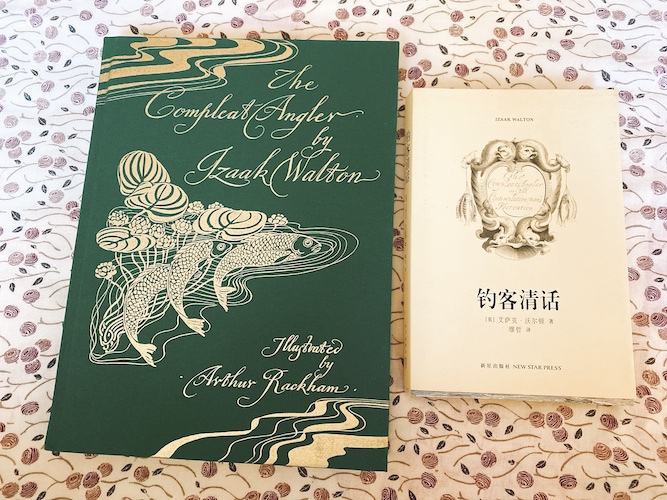Translating books contributes to the exchange of ideas and dialogue between cultures and nations. Presses in China publish a large amount of translated books, both in the public domain and newly acquired books. Let’s take a look at how they handle foreign rights.
Let’s say that a foreign book is determined to have a potential audience in China (or any country). If the book has not been published in China, the rights editor—an editor who deals with books that have foreign rights—for the interested publisher would contact the copyright owner for that book. If there is no simplified Chinese version already published, the selling party would direct the rights editor to their agents in China such as Big Apple, Bardon-Chinese Media Agency, and INBOOKER-International Book Copyright Trade, or set up a direct contact if there is no language barrier.
The selling party would then send sample chapters in a PDF file or send a copy of the book via their agent, and the buying press in China would make a final decision on whether or not to acquire the book after reading and evaluating the sample.
If the press in China wants the book, the owner of the copyright sends an offer letter outlining the advance, the payment terms, the contract period, the royalty rate, the first print run, the WH tax, the data fee, and so forth. The advanced payment is calculated as the price of the translated book X the print run X the royalty rate. An average advance for a children’s book can range from $1,600–2,500. The contract period is normally five years, and the royalty rate is about 8 percent. The first print run starts at five thousand copies, while the WH tax varies from city to city (it’s 15.65 percent in Shanghai). In addition to the advance, the buying party also pays a data fee to the right selling party for the design of the text, which ranges from $150–500.
If the buying party accepts the offer, the selling party can send the contract, which is usually provided by the owner of the copyright. There are two ways the new version can be printed.The first option is to have the buying party be responsible for the interior and exterior design, but they send the sample back to the selling party to check before printing. The second option involves the selling party allowing the buying party to choose the typeface and typography, and having them take care of the printing; then the selling party would send the documents for the buying party. Before printing, the selling party would receive the sample book and check it again.
So, where do the presses find foreign books? Big publishing houses like Penguin Random House have their own branches in China. Apart from agencies, book fairs such as the Frankfurt Book Fair, the London Book Fair, the BEA, and the Beijing International Book Fair are great resources as well. Though textbooks from abroad make more money, presses in China, both big and independent, are always looking for good stories.

